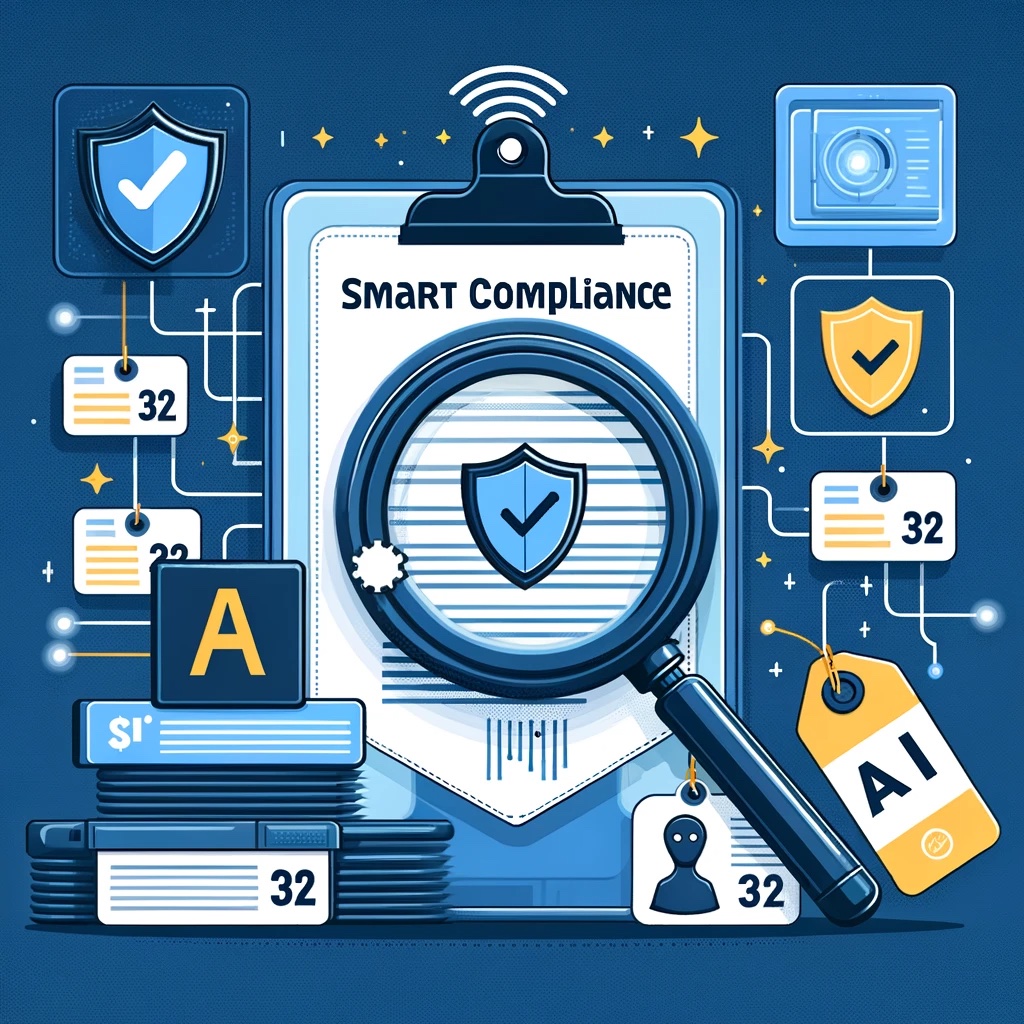
MAP Compliance Automation with ChatGPT
In this post, we are going to explore some of the ways leveraging an LLM like ChatGPT 4.0 can help automate parts or all of your MAP compliance workflow.
Incorporating an AI tool like ChatGPT into the Minimum Advertised Price monitoring (MAP monitoring) and compliance workflow can substantially streamline operations, bringing efficiency, precision, and foresight into the process. Let's delve into how ChatGPT can be instrumental in each of these stages:
1. Identifying Violations:
Automated Scanning and Alerting:
ChatGPT can be integrated with web-crawling algorithms to constantly monitor advertised prices across various online platforms, including official retailer sites, marketplaces, and even social media platforms. When it detects prices advertised below the MAP, it immediately flags these instances.
Contextual Understanding:
What sets ChatGPT apart is its ability to understand and analyze the context. For instance, it can differentiate between an actual MAP violation and a permitted promotional offer. This reduces false positives, ensuring that brands focus only on genuine issues.
2. Comparing Against Historical Violations:
Learning from Past Data:
ChatGPT can store and analyze historical violation data. By learning patterns from past infringements, it can predict which retailers are more likely to violate MAP policies or identify products that are frequently listed below the MAP. This predictive analysis helps brands to address potential future violations preemptively.
Identifying Repeat Offenders:
By maintaining a database of previous violations, ChatGPT can immediately recognize repeat offenders. This allows brands to take more stringent measures or initiate more serious discussions with retailers who repeatedly disregard MAP policies.
3. Automating Compliance:
Automated Communication:
Upon detecting a violation, ChatGPT can automatically generate and send a customized, well-crafted notification to the retailer, detailing the nature of the violation and requesting corrective action. This communication isn't just generic; it's tailored, considering the retailer's history and the specific details of the violation.
Dynamic Interaction:
Should the retailer respond to the notification, ChatGPT, with its conversational abilities, can manage basic interactions. For instance, it can answer FAQs about MAP policies, provide further clarifications on the violation, or guide the retailer through the process of rectifying the issue.
Escalation and Follow-up:
In cases where the violation isn't addressed within the stipulated time, ChatGPT can escalate the issue to higher management within the brand's organization. It can also send follow-up reminders to retailers, ensuring that the issue is resolved promptly.
Feedback Loop for Continuous Improvement:
ChatGPT can use feedback from each case to improve its detection algorithms and communication templates. For instance, if certain phrases in the communication are found to be more effective in eliciting prompt responses from retailers, ChatGPT can learn to incorporate such phrases more often.
By leveraging an AI tool like ChatGPT in MAP monitoring and compliance, brands can not only ensure that their products are advertised at prices that maintain their market positioning but also foster healthier, more transparent, and more compliant retailer relationships. This proactive and intelligent approach to MAP enforcement helps brands protect their image, maintain customer trust, and secure their market position in a highly competitive landscape.\
If you want to explore how ChatGPT and FrigginYeah can help you automate parts or all of your MAP compliance workflow, please drop us a note here: Contact Us
